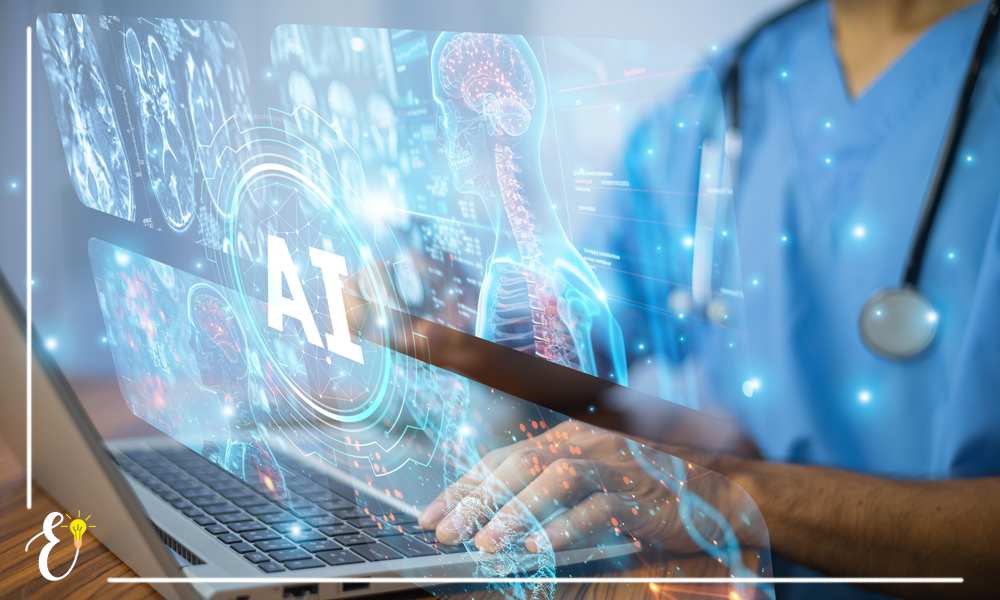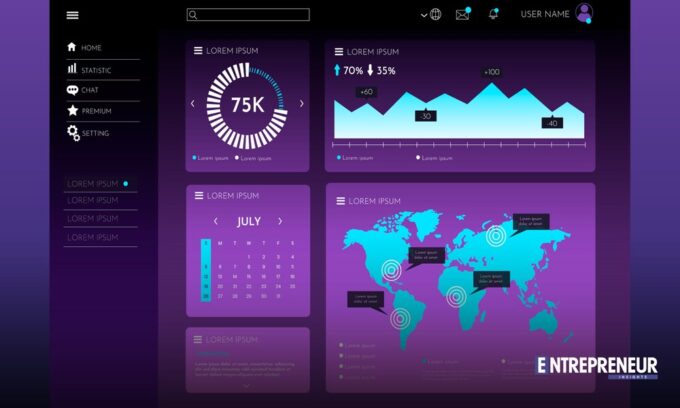Artificial Intelligence (AI) is revolutionizing the healthcare industry, offering innovative solutions to improve diagnosis, treatment, and patient care. With rapid advancements, AI-driven technologies are enhancing medical efficiency, reducing costs, and improving accuracy in disease detection.
Key Highlights:
- AI is transforming diagnostics by enabling early and accurate disease detection.
- Machine learning and predictive analytics are personalizing treatment plans.
- AI-driven automation is streamlining hospital operations and administrative tasks.
AI in Disease Diagnosis and Detection
AI-powered tools, such as machine learning algorithms and deep learning networks, are playing a crucial role in diagnosing diseases at an early stage. AI-driven imaging solutions in radiology and pathology help detect conditions like cancer, cardiovascular diseases, and neurological disorders with higher accuracy. For instance, AI-assisted radiology scans can detect anomalies faster than traditional methods, leading to timely interventions and improved patient outcomes.
Personalized Treatment and Drug Development
The use of AI in personalized treatment is revolutionizing the way patients receive care. Machine learning algorithms analyze patient data, including genetics, lifestyle, and medical history, to create customized treatment plans. AI is also accelerating drug discovery and development by analyzing vast datasets to identify potential compounds, reducing the time and cost involved in bringing new drugs to market.
AI-Powered Virtual Assistants and Chatbots
Healthcare providers are integrating AI-driven chatbots and virtual assistants to enhance patient engagement and support. These AI tools offer 24/7 assistance by answering queries, scheduling appointments, and providing medication reminders. Telemedicine platforms powered by AI are making healthcare more accessible, particularly in remote areas where medical facilities are limited.
Automation in Healthcare Operations
AI is streamlining hospital operations by automating administrative tasks such as medical record management, billing, and appointment scheduling. Robotic Process Automation (RPA) is helping healthcare facilities reduce human errors and improve operational efficiency. Additionally, AI-driven predictive analytics assist hospitals in resource management by forecasting patient admissions and optimizing staff allocation.
Challenges and Future Prospects
Despite its numerous benefits, AI in healthcare faces challenges such as data privacy concerns, regulatory compliance, and the need for skilled professionals to manage AI-driven systems. However, continuous advancements and regulatory improvements are paving the way for AI’s widespread adoption in the healthcare sector.
With AI-driven innovations shaping the future of healthcare, the industry is set to witness enhanced patient care, improved diagnosis, and efficient medical processes in the coming years.















Leave a comment